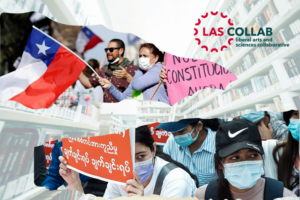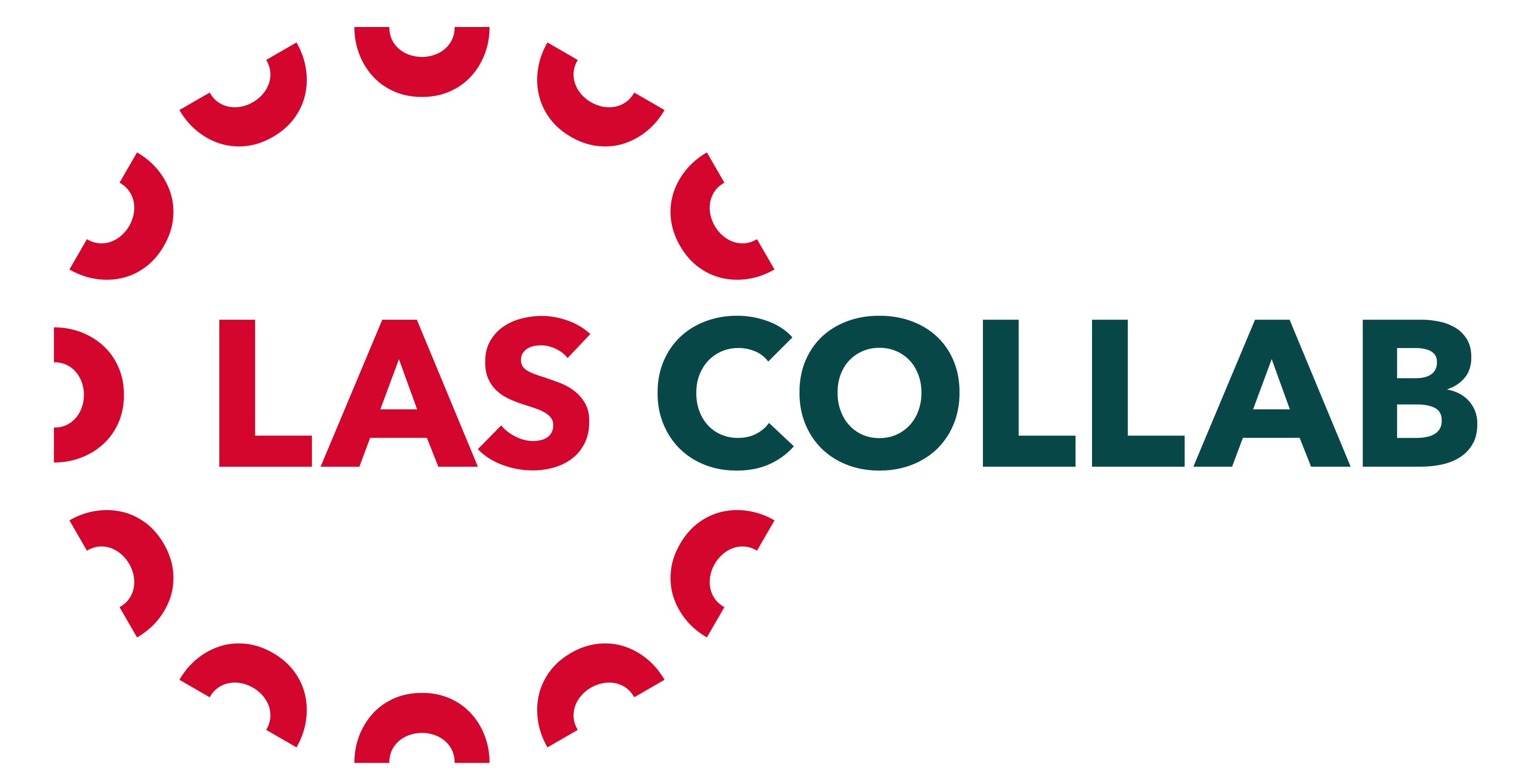Liberal Education in a Time of Geopolitical Risk

The title of this article suggests there is something specific about liberal education, in contrast to purely professional or vocational education, that geopolitical situations are sensitive to, and vice versa. The reality is that practitioners of liberal arts and sciences education, including institutions, faculty, and students, are indeed highly affected by geopolitical instabilities and authoritarian regimes.
During a recent online talk at the Yale-National University of Singapore College Symposium on “Learning from Global Liberal Arts Education: Innovation and Resilience,” Kyaw Moe Tun, Director of OSUN’s Liberal Arts and Sciences Collaborative and President of Parami University in Myanmar, expanded upon this idea.
According to Kyaw Moe Tun, liberal education refers to a system of education that aims to achieve two intellectual goals for learners on their way to becoming engaged citizens: the development of a critical thinking mindset and the analysis of issues in an interdisciplinary or, at least, multidisciplinary approach. Both outcomes feed into each other and one is not complete without the other.
In a stable environment where education is cherished for its own intrinsic value, liberal education’s goals might seem quite innocuous. But in an oppressive environment, these goals are perceived as fatal to the way in which a regime might wish to rule. Empowering students to think critically requires equipping them to question everything. This involves nurturing students’ ability to critique assumptions, challenge long-held dogmas, and, at times, even question authorities.
Educating students for interdisciplinary analysis requires educators to help students understand issues from multi-dimensional perspectives, regardless of what subject they are majoring in. Liberal education prepares students enrolled in a liberal arts institution to have fundamental levels of understanding in politics, economics, psychology, mathematics, and the sciences, so they can analyze issues through a myriad of perspectives. This type of education that prioritizes critical thinking and multi-dimensional perspectives is anathema to an illiberal regime.
What might a working model of liberal education in a time of illiberalism or geopolitical risk entail? The answers lie in what an institution is able to do for their students right now, which likely varies from context to context. Liberal education institutions in authoritarian and oppressive contexts will assuredly operate with various limitations, challenges, and threats.
According to Kyaw Moe Tun, and based on his experiences with Parami University after the military coup in Myanmar in February 2021, three broad strategies have proven to be partially beneficial to institutions facing crises in liberal education:
Implementing agile re-configuration, which may entail establishing operations in exile, devising flexible admissions processes while still maintaining rigor and personalization, or adopting new modalities of education, such as purely online or hybrid approaches.
Fostering international institutional partnerships, which can lead to shared or pooled resources, opportunities for faculty and student exchange (especially for at-risk scholars), the creation of global classrooms, and the formation of solidarity networks.
Maintaining domestic organizational partnerships, most especially with civil society organizations, which can offer space for students to more safely commune and, should they choose, become civically engaged.
During his talk, Kyaw Moe Tun used Parami University to exemplify how implementing reconfiguration and fostering domestic and international partnerships provided applicable solutions for liberal education under illiberal regimes.
